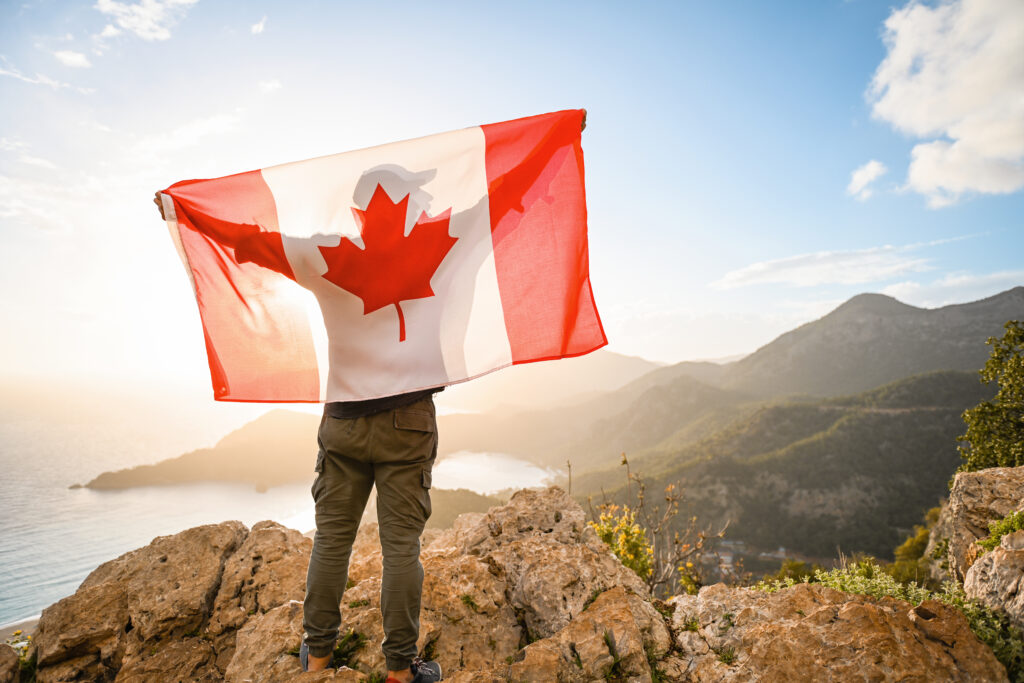Canadian economists agree that a sustained trade war with the US will mean higher costs, weaker consumer confidence, and reduced travel spending. Sport leagues, sponsors and host cities may face financial challenges, with even the highly anticipated 2026 FIFA World Cup at risk of rising costs for things like construction, technology and equipment.
President Trump’s shifting tariff policies create uncertainty, but Canadians are doing what they do best—identifying potential opportunities despite the obstacles.
Strengthening Local Manufacturing: Canada’s retaliatory tariffs on $30 billion in US goods—including sports-related bags, gloves, footwear and equipment—could encourage domestic production and sourcing, creating jobs and driving innovation in apparel and gear manufacturing.
Boosting Domestic Sports Tourism: With fuel prices rising and a weaker dollar discouraging travel to the US, Canadians may attend more grassroots and niche sport events, which may drive higher attendance and economic benefits at home.
Growing Alternative & Niche Sports: Canada has an opportunity to position itself as a global leader in emerging sports like esports, breaking, pickleball and mixed martial arts, diversifying fan interest beyond traditional leagues.
Adapting Sports Business Models: The sports sector has proven its resilience by weathering recessions, labour disputes and a global pandemic. Our hard-earned adaptability will help navigate new economic realities. While uncertainty looms, we can’t let fear cloud our thinking. Canada’s sports sector has the tools to adapt, innovate and find silver linings amid the challenges.
Published March 2025




